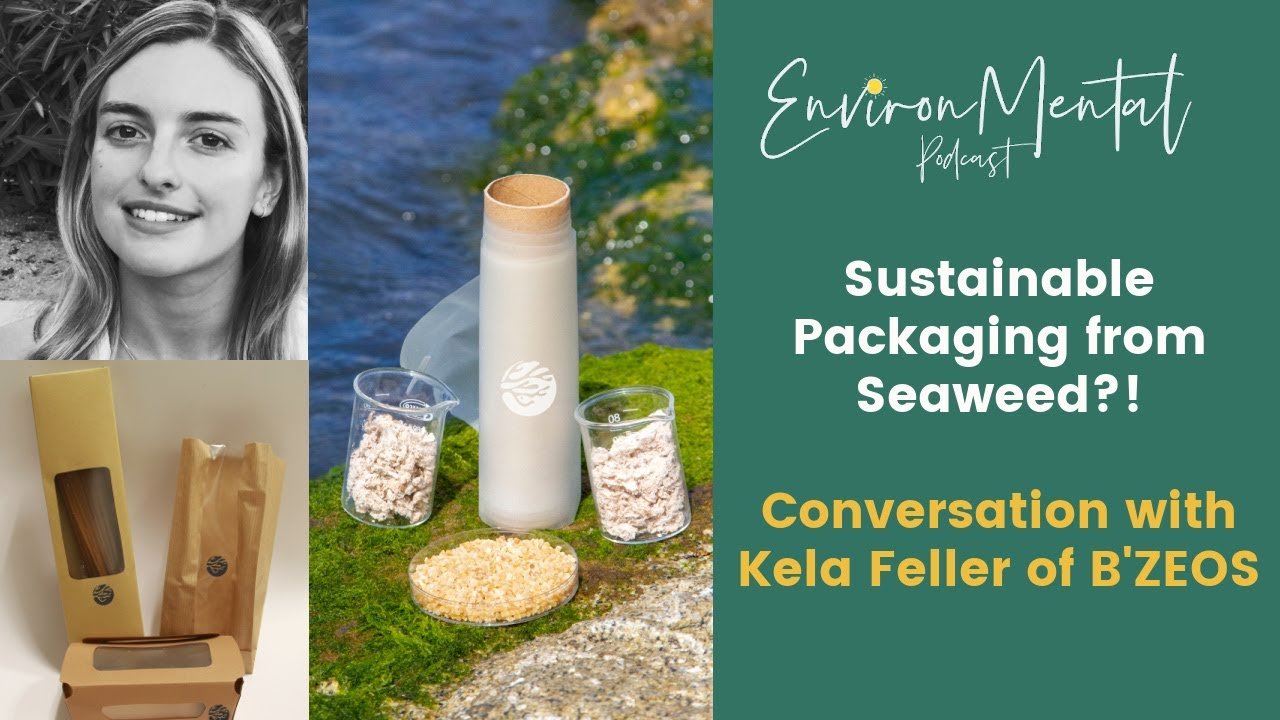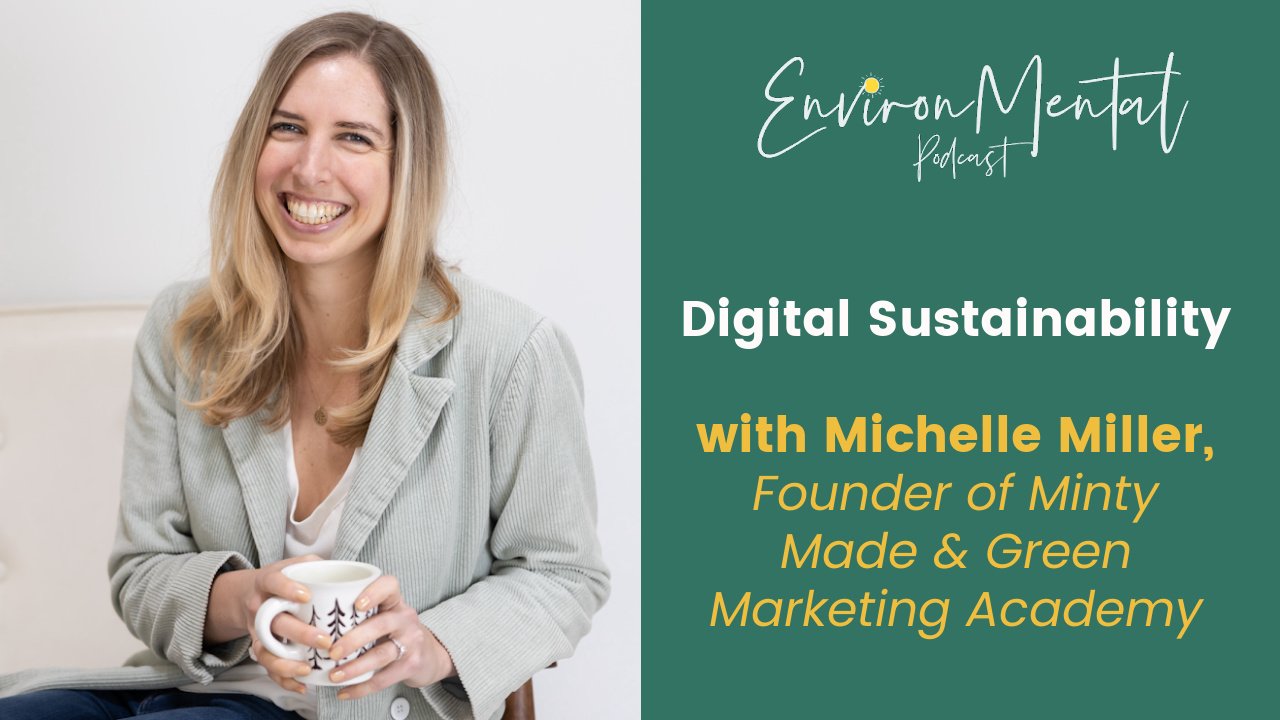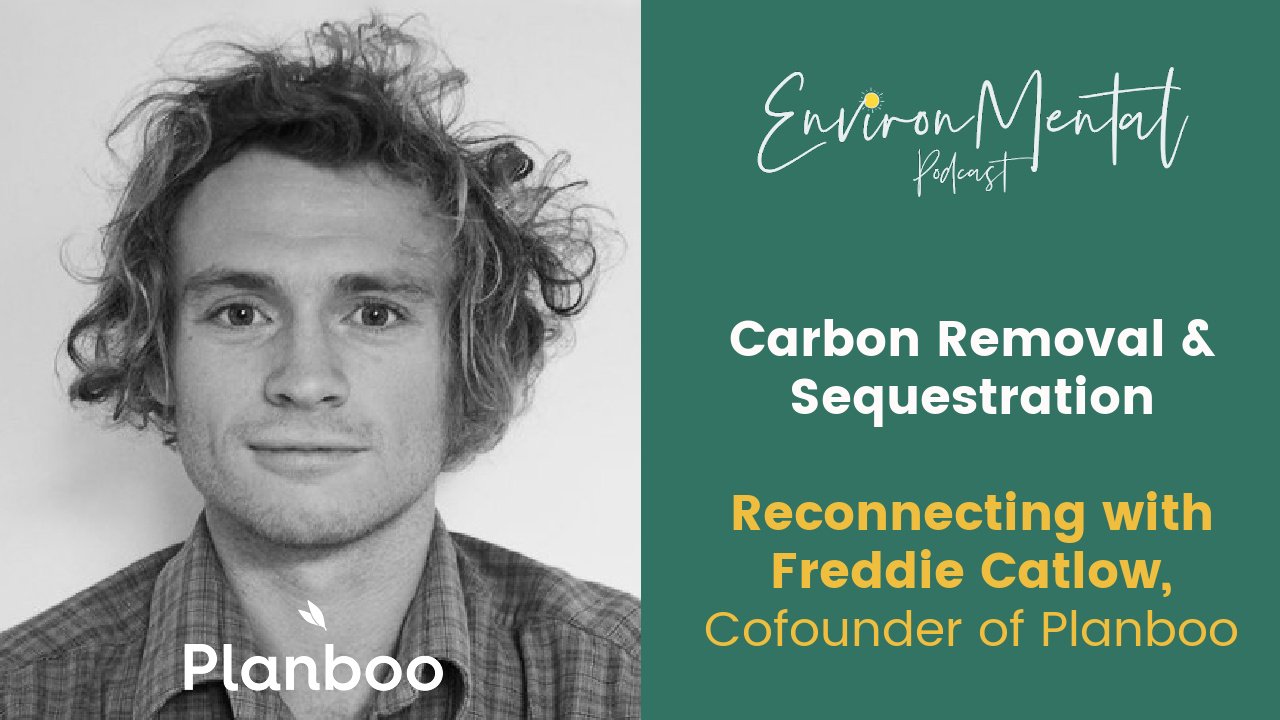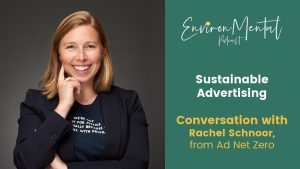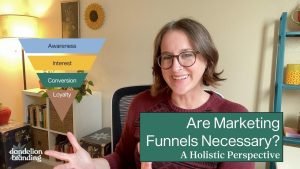“There needs to be the technology in order to scale up the solution for it to actually make an impact,” – Kela Feller of B’ZEOS on the need for sustainable packaging made from seaweed.
In this episode of EnvironMental with Dandelion, we talked with Kela Feller – Communications & Partnership Manager at B’ZEOS! Kela explains why seaweed is a better alternative to bioplastics and fossil-based packaging. She also discusses the importance of regulating seaweed cultivation and educating consumers on proper disposal!
The Need for Sustainable Packaging
At this point, the problems with single-use plastic packaging are gateway knowledge to a sustainable lifestyle. Plastic waste – particularly from single use products – leaks into natural waste streams, causing pollution and harming the natural environment. Aquatic environments are particularly sensitive to ecosystem disruption from plastic pollution and, of course, rivers and lakes are one of the primary places plastics are being found.
While a lot of countries are taking steps like, banning plastic bags in supermarkets and there are companies out there making ‘bioplastic alternatives’ there hasn’t been enough movement towards replacing the plastics with a truly sustainable packaging option that doesn’t cause major disruptions to infrastructures we already have in place.
We spoke about this with Marissa Segundo when we first started EnvironMental with Dandelion and we were learning about how recycling actually works. A lot of the solutions on the market today, like the super popular bio-plastic cups for instance, aren’t actually solving the plastic problem. Not only are they often created using a polymer from fossil fuels, the consumer has to have access to industrial composting and more often than not they get tossed into the plastic bin. But plastic recycling can’t break down a bio-plastic cup. The worst case (and a common case) is that the plastic is contaminated and unusable for recycling. Then it ends up in the landfill, polluting ecosystems and creating microplastics. That’s not a solution at all. It’s another problem!
Rather than worrying over the problem, B’ZEOS came up with a solution that is multifaceted and doesn’t add extra infrastructure to the manufacturing process. They’re making home-compostable packaging from seaweed.
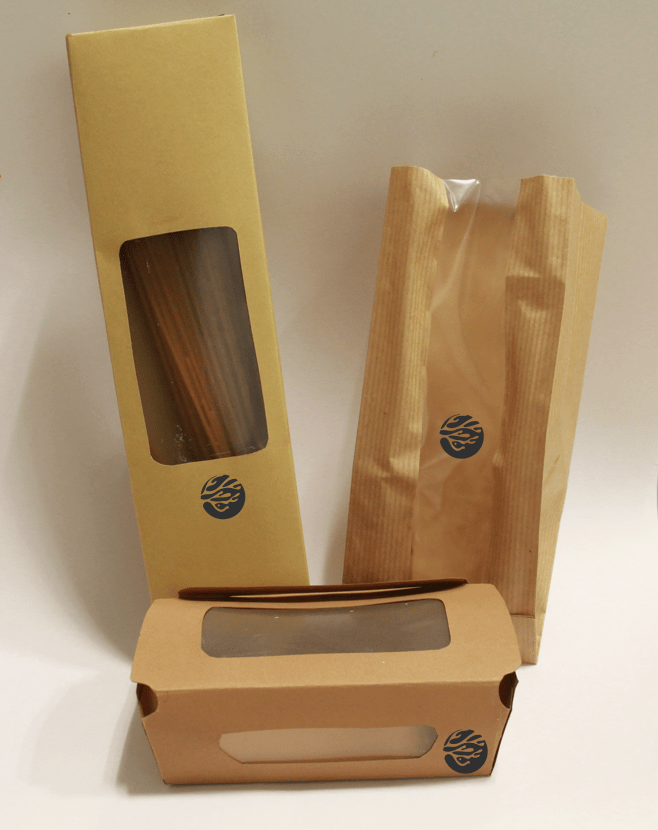
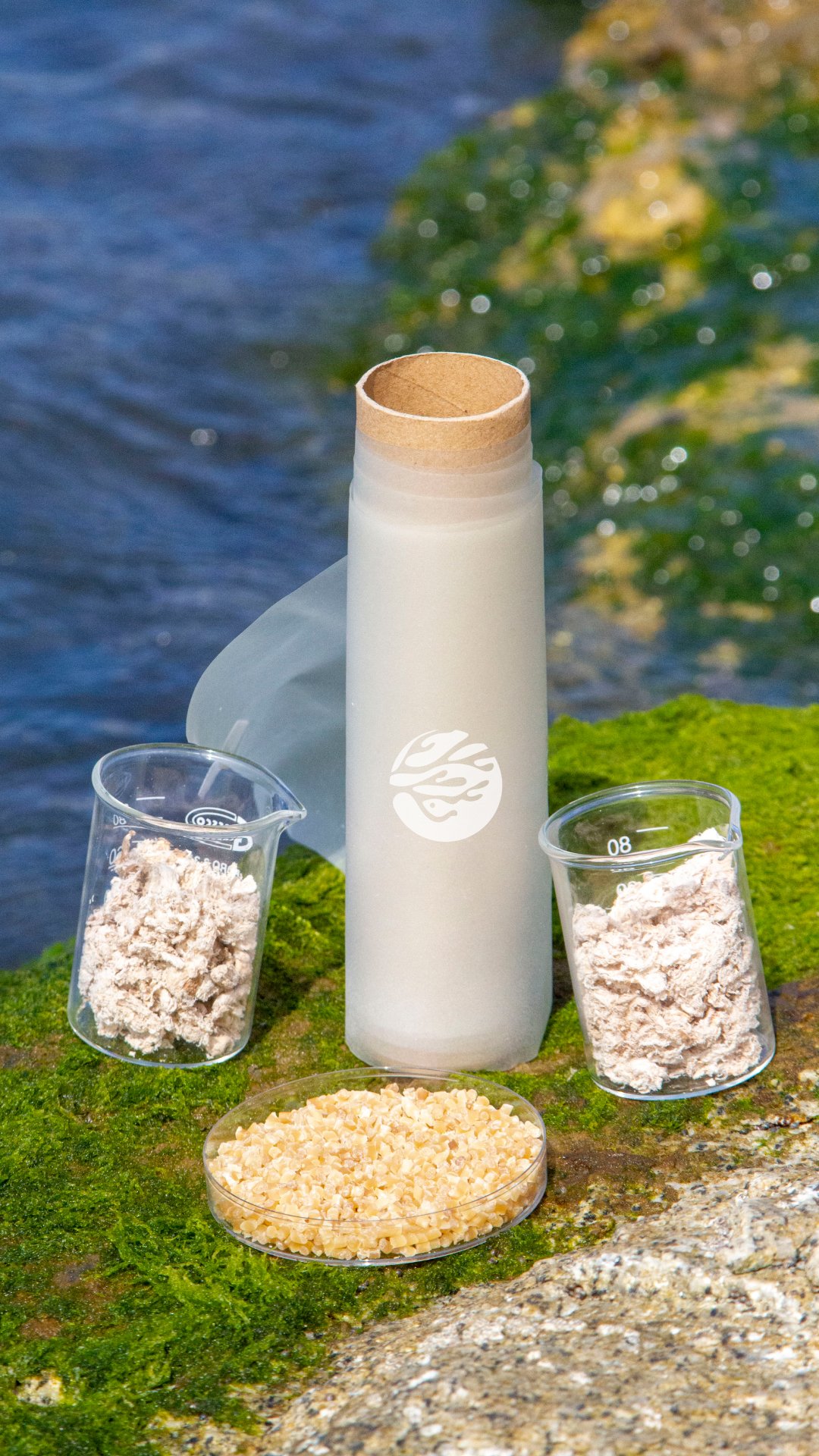
Importance of Product Life Cycle Assessment
Something that B’ZEOS does very well – and one of the most important lessons we have learned throughout our time creating EnvironMental – is thinking through the whole life cycle of a product.
We spoke at length about “the graveyard” with Urvashi Bhatnagar when she told us about her book, the Sustainability Scorecard, and we were happy to revisit the topic from a product development standpoint in this episode. What we really appreciate about B’ZEOS is how utterly dedicated they are to this process. They approach the problem realistically and without judgement. Kela even mentioned that while they’re anti-plastic because of the negative impact its life-cycle has on the ecosystem, plastic itself is a functional product with a ton of applications. The problem arises from the feedstock being fossil fuel-based and the end of life being harmful to the ecosystem.
When you look at the situation through that lens it’s easier to parse out goals for the potential solutions:
- The feedstock has to change.
- The new feedstock should use the manufacturing infrastructure we already have.
- The end of life needs to not harm the environment or burden the end user.
We think B’ZEOS is well on their way! Their products are sustainably sourced, truly biodegradable, and they can be used in place of plastic in the machinery that already exists.
Sustainable Packaging Starts with a Sustainable Cultivation
The feedstock for B’ZEOS plastic alternative is seaweed. (Yep, the wiggly stuff under the water.) The challenge here is ensuring that the seaweed they use is available and safe to cultivate at scale.
Because let’s be honest: if this can’t scale, it can’t work. The good news is that getting a ton of sustainably cultivated seaweed is possible! It grows extremely quickly – 25 times faster than land-based plants – so this is easier to scale than almost anything nature-based. Another cool fact that Kela shared is that, not only is it great for carbon sequestration, seaweed helps pull nitrates from the ocean, which is very helpful for combating ocean acidification. That seems like a win-win-win to us!
Regulations on seaweed cultivation are still developing and do vary from country to country. So even though B’ZEOS is doing everything they can to ensure they’re making their sustainable packaging from sustainably sourced seaweed, it isn’t the standard yet. It is pretty common that innovation moves more quickly than legislation, and we remain hopeful that we’ll see regulations soon. Hopefully before this industry takes off!
Communicating about the End of Life Process
The graveyard, or end-of-life, process of a product is the part that folks are most concerned about right now. And rightfully so. It’s the one part of a product that the average consumer has control over. But go to your fridge right now and look through the packaging there. How much of it gives you a clear indication for how it should be disposed of? Very little.
Product disposal is typically a regional solution – we have no global governmental standards for how to dispose of waste. It is up to businesses and packaging professionals to communicate how to dispose of their products. It’s important because the infrastructure we have set up for waste disposal is pretty specific. It’s easy to contaminate a whole batch, sending it to the landfill and inadvertently adding unnecessary pollutants to the environment.
B’ZEOS’ takes pride in communicating about how consumers can dispose of their products because it’s the right thing to do! Since their products are entirely natural, they can simply be thrown in a compost bin or composted at home.
Here are the best places to find B’ZEOS and give them a shout!
Website: https://www.bzeos.com/
IG: https://www.instagram.com/bzeos_official/
LinkedIn: https://www.linkedin.com/company/bzeos/
What do you think about sustainable packaging made from seaweed? Let us know in the comments!
